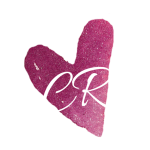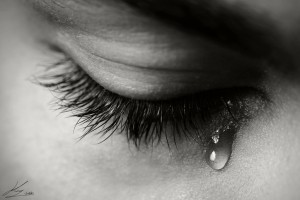As a counselor my role is to help people understand and express their emotions in a healthy way. In any given day I see people who are struggling with anger, anxiety, depression, relationship concerns, stress and grief.
I believe that to be ethical in my position, I must continue to work on my own emotional health, so that I don’t bring my person struggles into the counseling room.
This past week was my last week in my position as a counselor at a community health centre. Over the past year I develop some great relationships with colleagues and clients. And now that I’m leaving, I have had to say goodbye many times, each day, as I bring closure to these relationships.
In addition, I ended my own personal relationship. Needless to say, this has been a week of continuous loss and grieving, which is a normal part of life. I believe it is my responsibility, as a helper, to work through my grief in a healthy way. Having said that, as helpers we are human as well and have our own life struggles.
It is important to be aware of how our own personal issues may be affecting us and to adjust our caseload accordingly, when possible.
For example, I worked with a colleague who had lost her grandpa and she was struggling with it. The loss was huge for her. She noticed as she was working with a client, who also lost a grandparent, that she was becoming emotional because of her own unresolved grief.
It was great that she could identify this and bring it up during a team meeting, because we were able to transfer her client to someone else who was not struggling with grief at all.
Another colleague of mine, who does couples counseling, decided to take a break from this type of work while she was going through her own divorce.
If you work in a team setting and have this option, you may want to distance yourself from any counseling topics you are currently struggling with. At minimum, discuss this with your clinical supervisor so that you have someone to ensure you and your clients are safe. Then find some support to help you heal.
If you are struggling with grief, I cannot tell you how much The Grief Recovery Handbook has helped me throughout my life. I actually loved the program so much that I became a Grief Recovery Specialist and I offer this program as part of my helping services.
As for my grief and healing, I will focus on self-care, staying connected with family and friends, spending time reflecting and making sure I kick up my own health care practices. Fortunately I have a couple of weeks off to to all of this before I start to work with client again.
How do you manage as a helper when your clients bring up a issue that you’re struggling with as well? Let me know in the comments below.
Much love,
Charlene
oxox



4 Comments